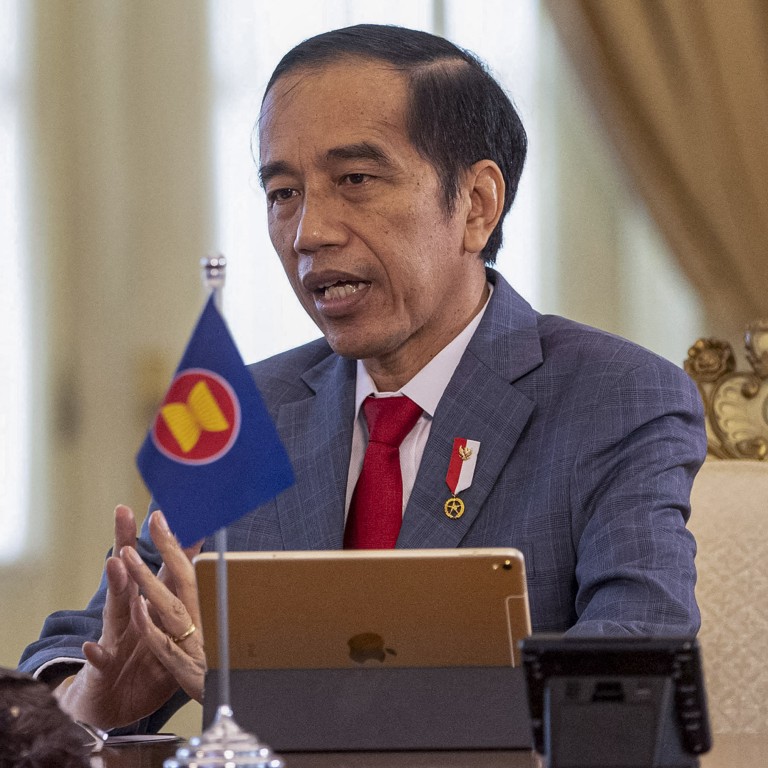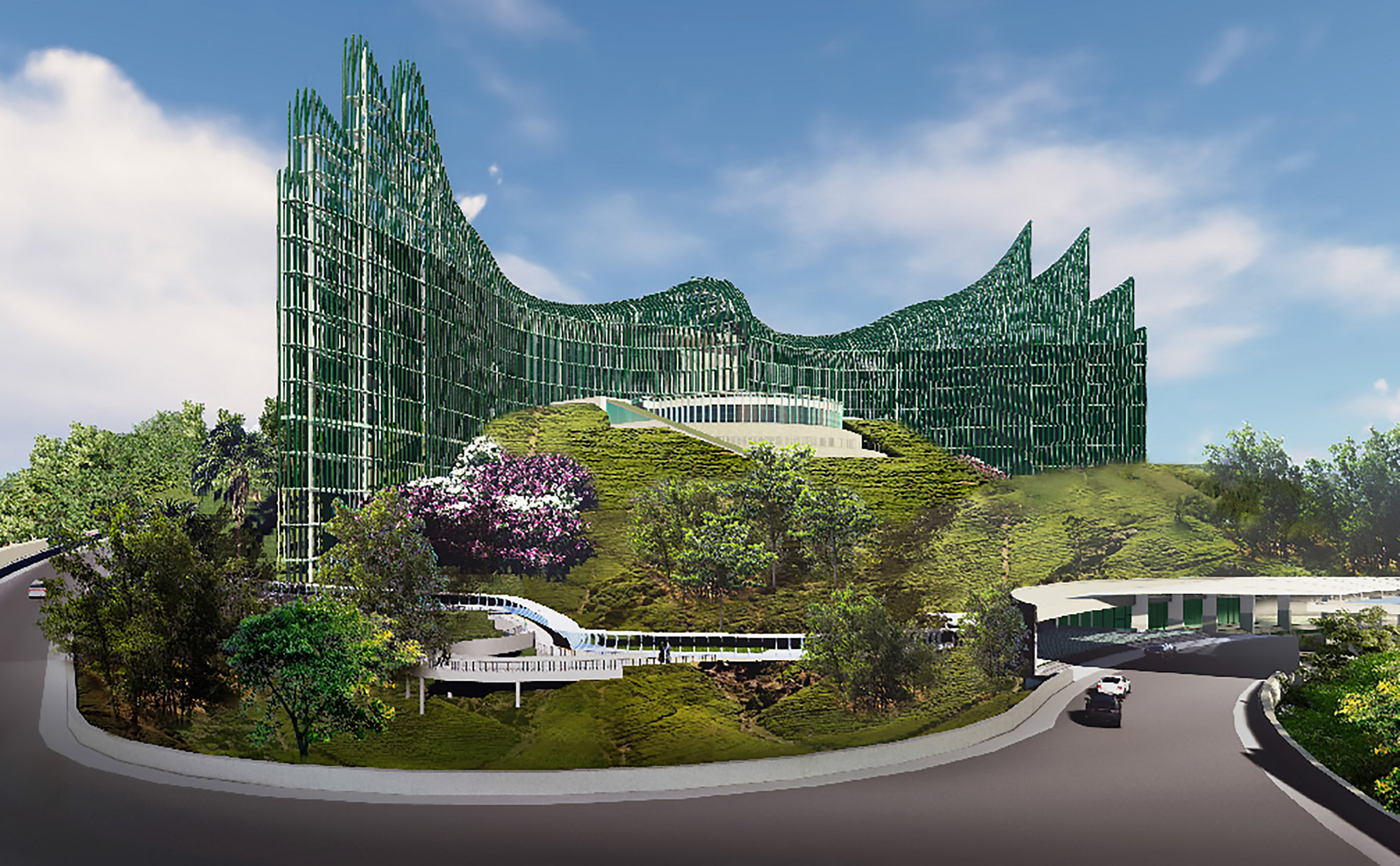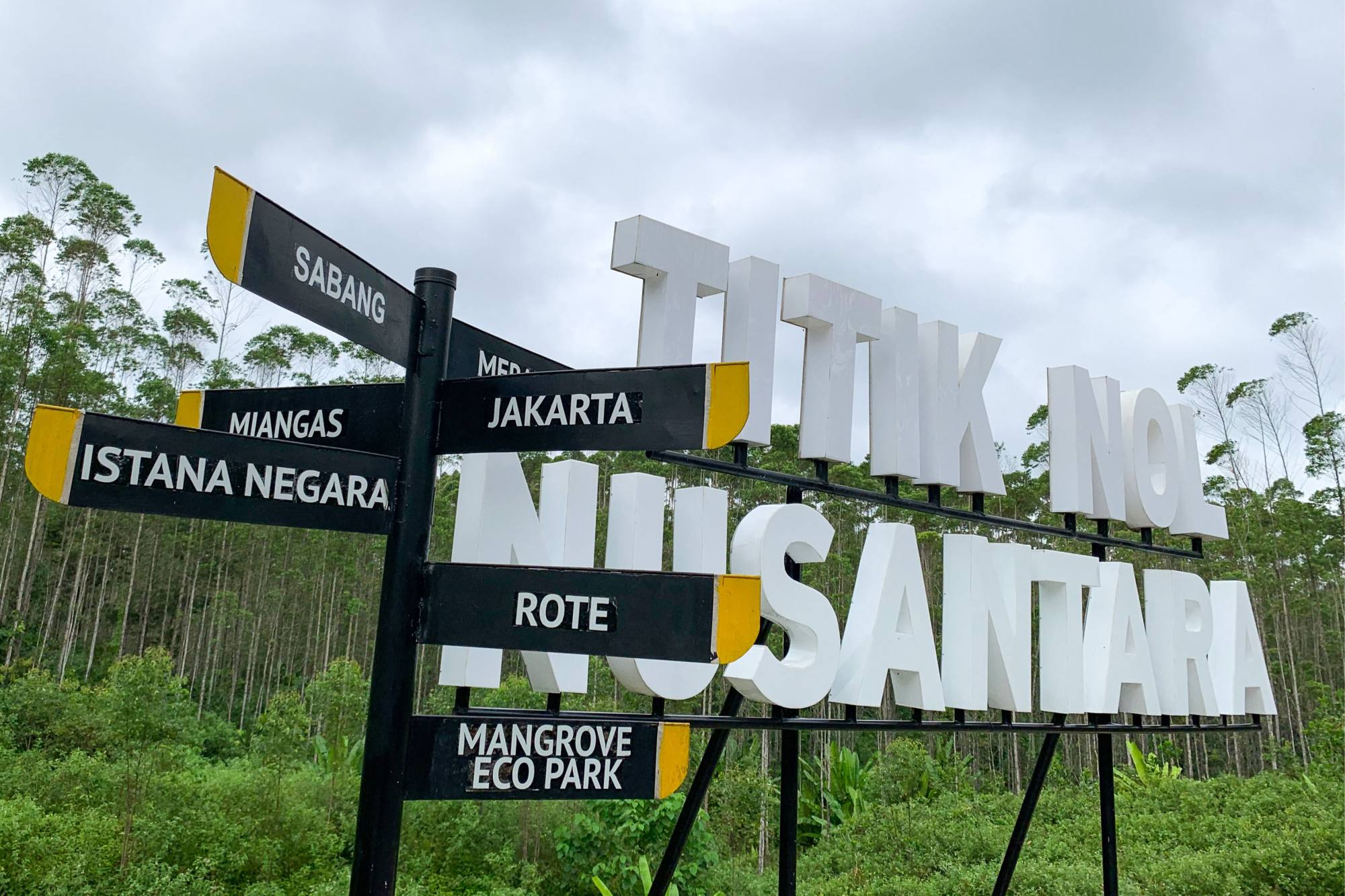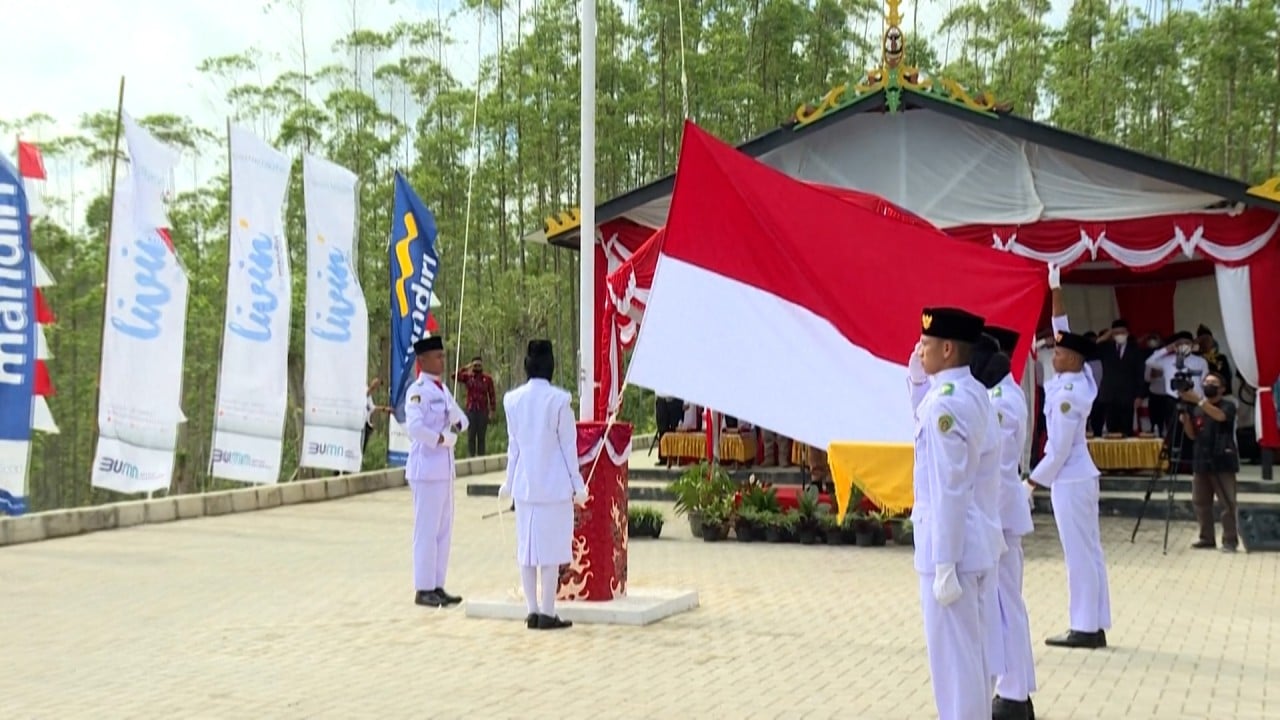
Indonesia’s Nusantara project could help lay foundation for Asean’s economic potential
- As President Joko Widodo hits a funding speedbump, he should look to Asean neighbours to help construct new capital city Nusantara
- Such an agreement would show that the region is maturing, and coming closer to realising its potential as the world’s new growth centre
Should the projects get off the ground, the total contribution would be a fraction of Indonesia’s bill to build Nusantara city in Kalimantan, which has been estimated to be as much as US$40 billion.
Jokowi, as he is popularly known, announced the plan to build Nusantara in 2019 after being re-elected for his second and final presidential term.
Development is under way, with the government bearing 20 per cent of the cost. The plan is to move about 1.9 million people to the new capital by 2045, with some civil servants possibly shifting to Nusantara as early as next year.
The great hurdle for Jokowi is securing investors to cover the remaining 80 per cent of development costs.

Asia’s obsession with the supernatural haunts Indonesia’s debate on capital Nusantara
But a key concern is that none of these deals – including the latest exchanges with the Malaysians – are binding. This means potential partners could withdraw if things do not pan out.
Asean has grand hopes of developing what it calls the Asean Economic Community, a road map towards developing a robust and prosperous business environment aimed at helping companies of member states take full advantage of the region’s dormant potential.
This builds on earlier policies to encourage business-to-business collaborations and deals to expand the footprint of local companies into other member states.

Considering the fact that a large proportion of Nusantara is meant to be developed using private investments, the new city provides a fitting platform for companies and firms in Asean member states to leverage on these policies, while keeping true to the grouping’s long-held pursuit of common prosperity.
Of course, it would be unrealistic for Indonesia to pin all of its hopes on its fellow Asean members to secure sufficient funding for Nusantara.
But active participation of governments and companies of Asean member states in the project would go a long way in showing to the world that the region is maturing, and coming closer to realising its potential as the world’s new growth centre.


